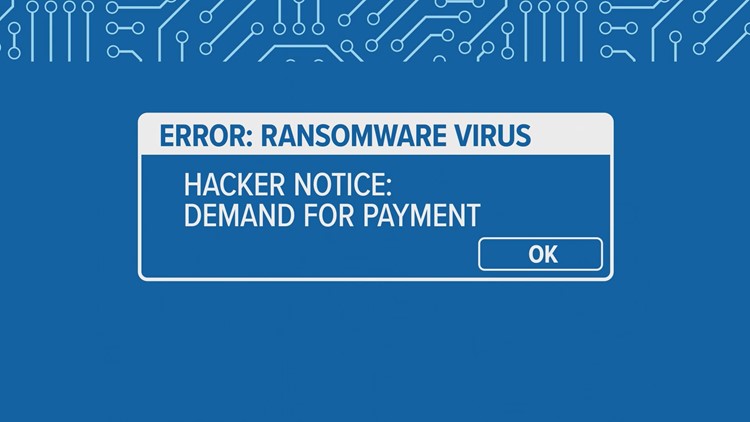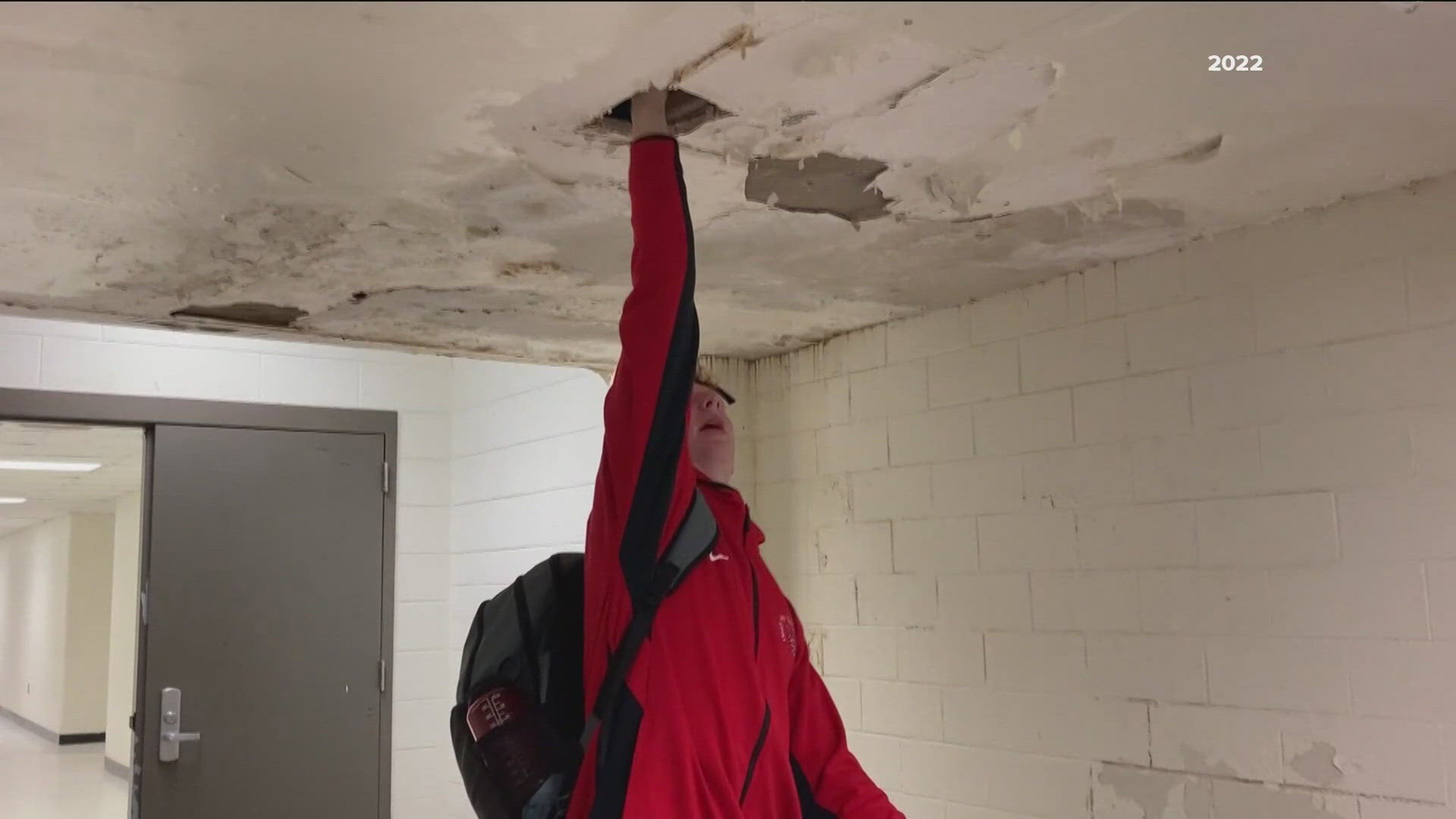The computer systems of the City of Atlanta are being held hostage after they were accessed by a third party who locked them out and are demanding money.
This is what you need to know about the hack and how it may affect you.
WHAT HAPPENED?
Early Thursday morning, around 5 a.m., the City of Atlanta was made aware of ransomware that had taken control of some of their computer systems.
According to a statement from the city, its computers are "currently experiencing outages on various internal and customer facing applications, including some applications that customers use to pay bills or access court-related information."
WHAT IS RANSOMWARE?
WHO IS AFFECTED?
Atlanta Mayor Keisha Lance Bottoms said everyone who has ever done business with the city could be affected. This includes employees.
"We don't know the extent or if anyone's personal data or bank accounts will be compromised," she said. "All of us are subject to this attack."
Bottoms said you should assume that if you pay city bills, fines, etc. that your information could be compromised.
WHO IS RESPONSIBLE?
Officials have not said who they think is responsible. It's possible that they do not know who hacked them.
The FBI and homeland security are investigating. The FBI said they are "coordinating with the city of Atlanta to determine what happened."
WHAT YOU SHOULD DO NOW
If you feel you could be affected, Bottoms is advising everyone be extra vigilant and monitor their financial accounts. If you see any suspicious activity, report it to your financial institution immediately.
The US government offered these tips to protect yourself after a data breach:
- Check your credit reports from Equifax, Experian, and TransUnion — for free — by visiting annualcreditreport.com. Accounts or activity that you don’t recognize could indicate identity theft. Visit IdentityTheft.gov to find out what to do.
- Consider placing a credit freeze on your files. A credit freeze makes it harder for someone to open a new account in your name. Keep in mind that a credit freeze won’t prevent a thief from making charges to your existing accounts.
- Monitor your existing credit card and bank accounts closely for charges you don’t recognize.
- If you decide against a credit freeze, consider placing a fraud alert on your files. A fraud alert warns creditors that you may be an identity theft victim and that they should verify that anyone seeking credit in your name really is you.
- File your taxes early — as soon as you have the tax information you need, before a scammer can. Tax identity theft happens when someone uses your Social Security number to get a tax refund or a job. Respond right away to letters from the IRS.



